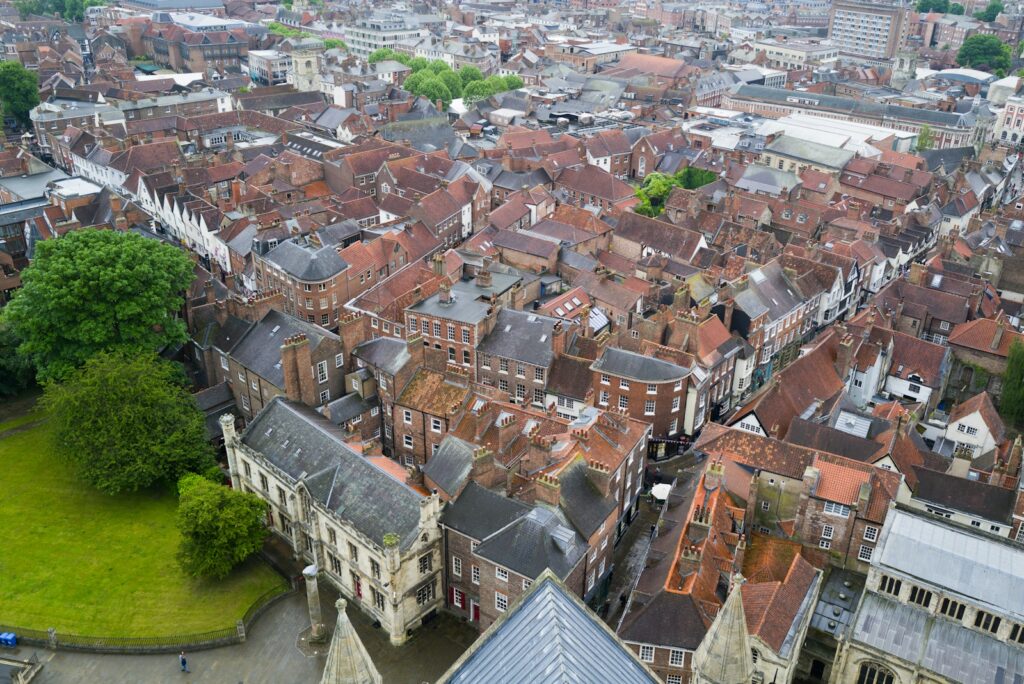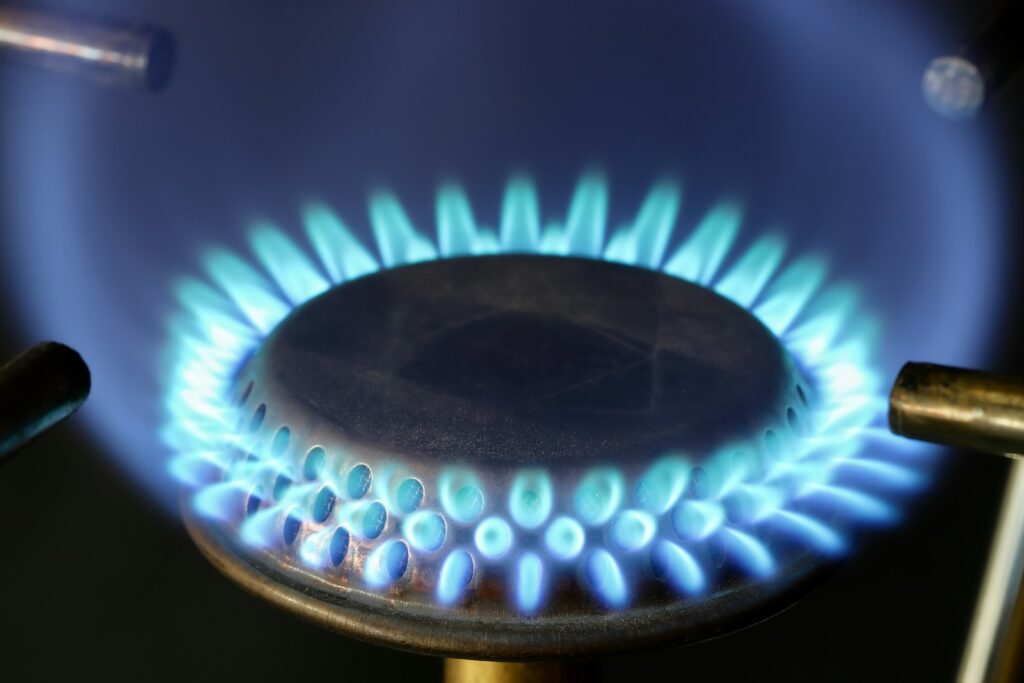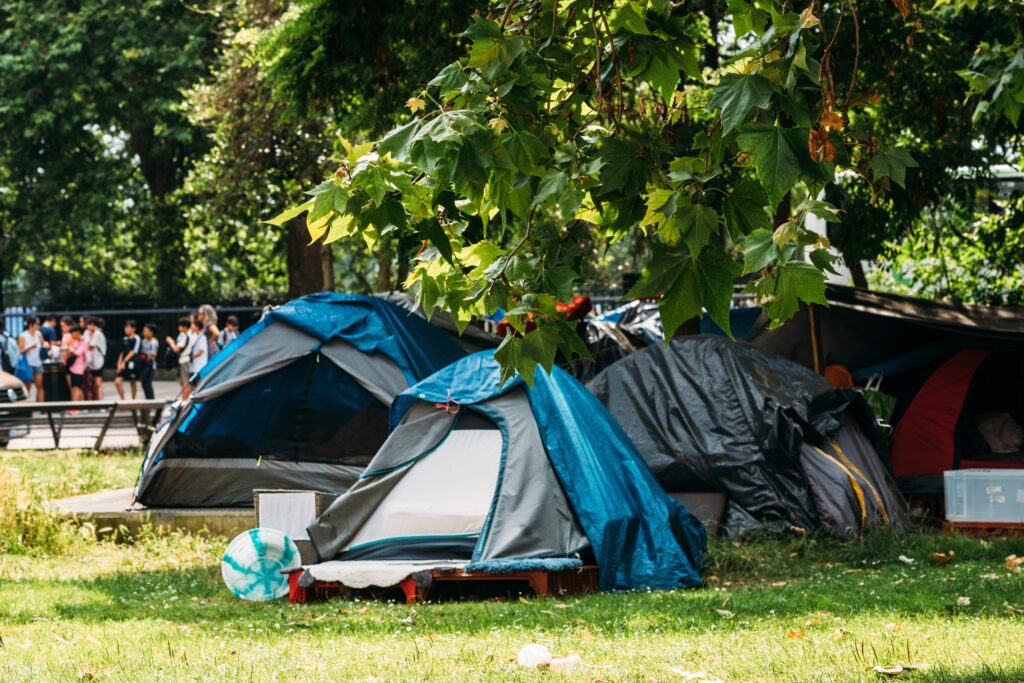Leeds City Council has approved plans to invest £7.2m in extending the city’s district heating network.
Five new extensions will see the Leeds PIPES heating network expand into new areas of the city.
The council has already identified at least nine sites that will be able to connect because of the approved extensions – potentially using another 11,600 MWh of sustainable heat every year.
By using heat and energy recovered from non-recyclable waste at the Recycling and Energy Recovery Facility (RERF) to provide hot water to buildings in the city, the network offers a reliable and lower-carbon alternative to fossil fuels.
The scheme currently supplies heat recovered from the waste of approximately 10,700 Leeds households saving more than 2,000 tonnes of carbon from being emitted in 2021.
Buildings and new developments located near the network can choose to connect at any time. Almost 2,000 homes, commercial and public buildings have already been connected to the scheme.
Councillor Helen Hayden, Leeds City Council’s Executive Member for Infrastructure and Climate, said: ‘Our city’s waste-powered district heating network is a great example of an innovative scheme that supports our long-term net zero carbon ambitions whilst enabling residents and businesses to enjoy reliable and affordable heating now.
‘Economically, the planned expansion is also a fantastic investment for the council as well as those privately connecting. As the wholesale price of gas rises and as more and more building managers and developers seek to reduce their carbon footprint, our district heating offer has become even more competitive.’
Mike Cooke, Managing Director (North & Scotland) of Vital Energi, added: ‘As a result of visionary investment and working collaboratively with partners, Leeds PIPES has very quickly established itself as one of the UK’s major heat networks.
‘As the network continues to grow it becomes more efficient and accessible to potential connections, enabling the transition from fossil fuels to deliver more carbon savings and contribute to a cleaner, greener Leeds.’

















Leave a Reply